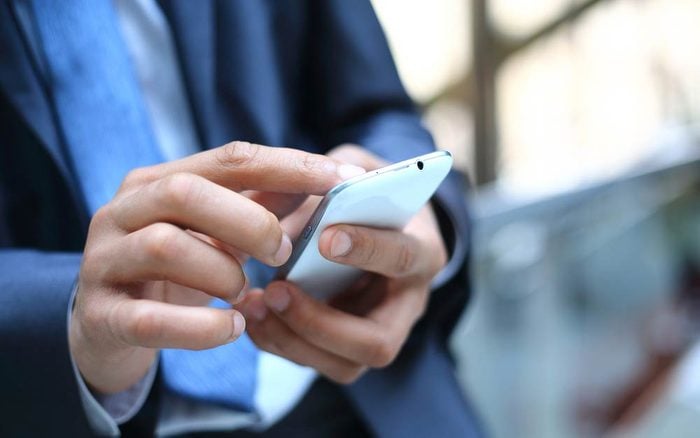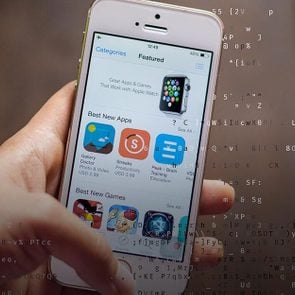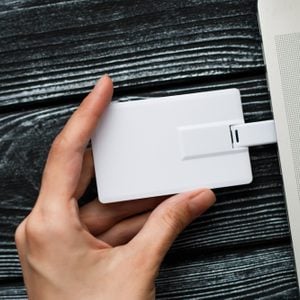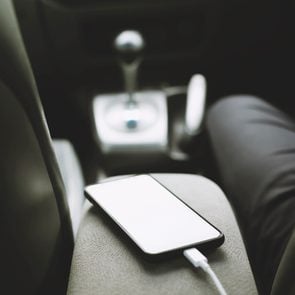Avoid Answering Calls from These Area Codes: Scam Phone Numbers Guide
Updated: Apr. 14, 2024

Scam phone numbers are used every day to trick unsuspecting people into giving away their private information. The good news is, you can identify certain area codes that could be tied back to a phone scam.
Scam phone numbers can start with these area codes
Phone scammers are getting smarter with their tactics like AI voice scams. And if you’re not careful, they could make big bucks off of you, the unsuspecting caller. Aside from hanging up if you hear this four-word phrase, there’s something else you can do to avoid becoming a victim and to keep up with your smartphone security and privacy.
Certain area codes can warn potential targets that the call isn’t safe, according to Joseph Steinberg, CEO of SecureMySocial. Although scam callers once used a 900 number, they’ve changed their methods as the general public became aware of their tactic. Now, many scam phone numbers have different area codes, including 809, which originates in the Caribbean.
Another area code to look out for may look like it’s coming from the United States, but isn’t. “Criminals have been known to use caller IDs with the area code 473, which appears to be domestic, but is actually the area code for the island of Grenada,” Steinberg says. Watch out for these phone call scams that could steal your money, too.
By the way, those calls add up fast. You could be charged for taking a call from any of these foreign countries, according to AARP. Plus, scammers can swindle you out of your money through phony vacation scams and fake stories about danger or money problems. iPhone scams and Uber scams are also on the rise, making Apple fans and Uber users alike more wary. Make sure you know how to avoid Uber scams and how to stop spam texts on your phone.
To play it extra safe, Steinberg recommends never answering or returning a call from a number you don’t recognize. If you actually know the person, they can always leave a voicemail. “Remember that it’s unlikely that someone you do not know—who is in distress at a location with which you are not familiar—would dial a random number in another country and ask you to help them,” he says. “They would call the police.”
It can’t hurt to be wary of possible scam phone numbers with the following international area codes. And watch out for these Facebook Marketplace scams before you go shopping.
Scam phone numbers: International Area Codes with a +1 Country Code
232—Sierra Leone
242 — Bahamas
246 — Barbados
268 — Antigua
284 — British Virgin Islands
345 — Cayman Islands
441 — Bermuda
473 — Grenada, Carriacou, and Petite Martinique
649 — Turks and Caicos
664 — Montserrat
721 — Sint Maarten
758 — St. Lucia
767 — Dominica
784 — St. Vincent and Grenadines
809, 829, and 849 — The Dominican Republic
868 — Trinidad and Tobago
869 — St. Kitts and Nevis
876 — Jamaica
It’s important to note that scammers can create scam phone numbers by spoofing numbers from many area codes, not just the ones listed above. Remember, a good rule of thumb is if you don’t recognize the phone number, don’t pick up your phone and let it go to voicemail. This can help you avoid falling for common phone scams, such as those pesky car extended warranty calls.
By the way—if you are charged for picking up a scam call, the Federal Communications Commission (FCC) recommends contacting your phone company to try and take care of the matter. You can also file a complaint about the scam call with the FCC.
Next, read about these online scams you need to be aware of and how to avoid them. Also, read up on what doxxing is and how it sets you up to be hacked.
Get Reader’s Digest’s Read Up newsletter for more scams, cleaning, travel, tech and fun facts all week long.
Sources:
- Joseph Steinberg, CEO of SecureMySocial
- AARP: “3 Classic Cruise Ship Rip-Offs to Avoid”
- Federal Communications Commission: “‘One Ring’ Phone Scam”



